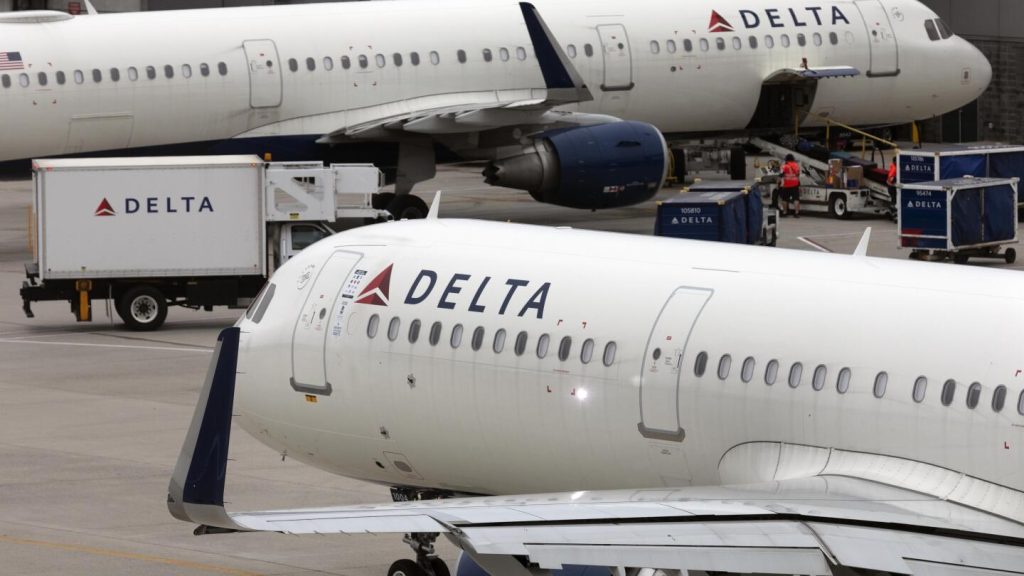Delta’s decision to raise pay for nonunion employees comes as the airline prepares for another union representation attempt by its flight attendants. CEO Ed Bastian announced a 5% pay increase for flight attendants and ground workers, along with a minimum wage raise to $19 per hour for U.S. workers and additional funds set aside for merit raises. This move affects over 80,000 employees and reflects Delta’s commitment to providing competitive compensation for its staff.
The airline’s profitability has been impressive, with a reported $4.6 billion in earnings last year, surpassing other major U.S. carriers like United, American, Southwest, and Alaska combined. Delta’s success marks its largest profit since 2019, before the pandemic significantly impacted travel in the United States. Despite its financial achievements, only 20% of Delta’s workforce is unionized, with pilots represented by the Air Line Pilots Association while other groups remain nonunionized. Previous attempts to unionize flight attendants have been unsuccessful in 2010, 2002, and 2008.
The Association of Flight Attendants is actively working to change this lack of representation at Delta. President Sara Nelson aims to gather enough authorization cards from Delta attendants by the end of the year to trigger another union election. Nelson emphasizes the need for Delta’s flight attendants to receive industry-leading pay and benefits, given the company’s profitability. She believes that the current labor landscape favors unions, even in traditionally nonunion territories like the South, as demonstrated by recent unionization success at a Volkswagen plant in Tennessee.
The potential for improved contracts at United Airlines may further support the Association of Flight Attendants’ efforts to secure better terms for Delta’s employees. By advocating for industry-leading standards at United, Nelson’s union hopes to strengthen its case at Delta and achieve a favorable outcome for the airline’s nonunionized workers. Delta’s strong financial performance and the current labor environment could potentially lead to a successful unionization campaign among its flight attendants in the near future, signaling a shift towards better pay and benefits for Delta employees.
In his memo to Delta employees, CEO Ed Bastian highlighted the airline’s ongoing commitment to providing industry-leading compensation packages for its workers. The recent pay increases for flight attendants and ground workers, along with the minimum wage raise for U.S. employees, demonstrate Delta’s recognition of the value its staff brings to the company. By investing in its workforce and addressing their compensation needs, Delta aims to maintain a positive relationship with its employees and further solidify its position as a leading U.S. carrier in the aviation industry.


